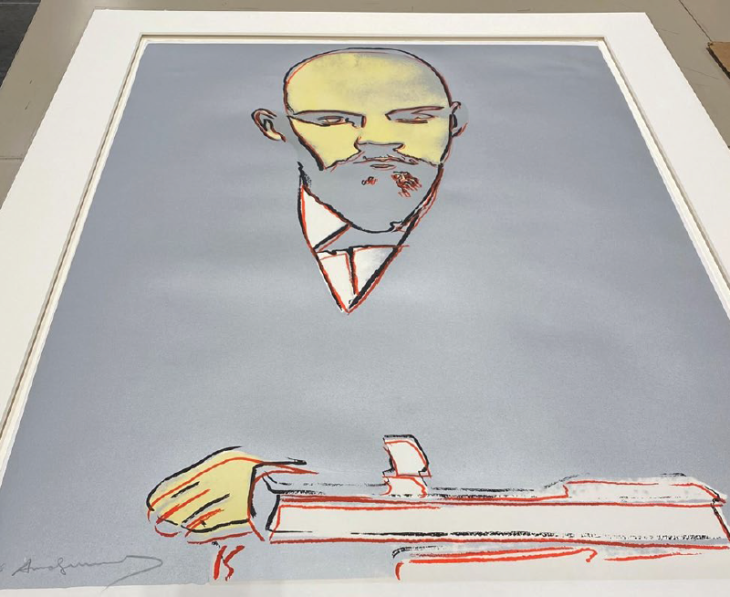IAMA Theatre Company opens its 2019-20 12th anniversary season with an award-winning play about a mother and father trying to do right by their son. Jennifer Chambers directs Sarah Utterback (Grey’s Anatomy), Tim Peper (Amazon’s Jean Claude Van Johnson), Sharon Lawrence (NYPD Blue, Shameless, The Ranch and much more) and Olivia Liang (One Day at a Time) in the West Coast premiere of A Kid Like Jake by Daniel Pearle.
Newly revised by the playwright for this production, A Kid Like Jake opens Oct. 3 in a Pasadena Playhouse guest production at The Carrie Hamilton Theatre, where performances will continue through Nov. 3; low-priced previews begin Sept. 28.
Pearle’s acclaimed play is a study of intimacy and parenthood, and the fantasies that accompany both. On the eve of the admissions cycle for New York City kindergartens, Alex and Greg have high hopes for their son Jake — a precocious four-year-old who happens to prefer Cinderella to G.I. Joe. But as the process continues, Jake’s behavior becomes erratic and perplexing, and other adults in his life start to wonder whether his fondness for dress-up might be cause for concern.
The Pride LA spoke with playwright Daniel Pearle and director Jennifer Chamber about what to expect. Check it out:
Daniel Pearle:

In one sentence, what is this play about?
The play is about two Brooklyn parents, Alex and Greg, who are trying to find right school for their four-year-old son, Jake, who happens to prefer Cinderella to G.I. Joe.
Can you elaborate more?
The kindergarten application process prompts them to think about Jake and how he’s seen by the outside world, something they haven’t really discussed much until this point. And when Jake’s behavior starts to become more troubling and erratic, other adults in his life begin to wonder whether Jake’s fondness for dress-up might be more than just a phase. Alex and Greg have differing instincts about how best to parent and protect their son, and this gradually starts to cause a rift in their marriage.
What was your inspiration for writing this play?
I wrote the play back in 2013. At that time, I was still tutoring high school students in New York City and so I was often encountering parents at a similar precipice moment, getting ready to send their kids off to college and out into the world. I was very interested that fundamental separation anxiety, and all the ways in which it manifested. Around the same time, I was also reading articles on gender expression and gender identity as it related to younger and younger children, which brought up memories from my own childhood. I was struck by how much the conversation around gender identity had changed since I was Jake’s age.
Can you talk a bit on gender identity and children?
I think what always struck me is how mysterious kids are at this age (4 and 5) when they’re just starting to really differentiate themselves from their parents and conceptually organize the world around them. Gender of course is a huge piece of that. I don’t pretend to be an expert by any means, but I was amazed in doing research, even back in 2013, by how rapidly the language and the conversation was changing — which has only accelerated the past six years. I was most interested in how adults respond to a child who’s maybe old enough to express themselves, but not quite old enough to define themselves.
Why is this an important topic to bring to the stage?
We talk a lot about tolerance and acceptance but one thing I don’t think we think about enough is how difficult it can be to tolerate ambiguity and uncertainty. This is true in all aspects of our lives, but I think certainly when it comes to gender roles and gender expression it’s especially fraught. I think because it’s so immediate, theater is a place where you can invite an audience to sit in that uncomfortable place where there aren’t easy answers.
What has been your favorite part to see come alive on the stage?
For me it’s always the actors and what they bring, all the things that maybe you didn’t even hear when you wrote a scene. I think this play is, above all, about intimacy — so it’s really all about the actors and the performances.
What do you hope the audience takes away from the play?
That’s always tough to say because personally I don’t usually write from a place of wanting to teach or preach. That said, I think the best you can hope for with any play is that an audience comes away with greater empathy and curiosity. I hope it encourages an audience to think about sitting in uncertainty, letting go of the need to know all the time. I know for me, that’s a tall order…
Jennifer Chamber:

What interested you in directing this play?
The beautiful, cut to the heart, writing. The graceful way the play unfolds. As a director, it requires both restraint and creativity to bring it to life and that is really exciting to me.
What kind of themes does this play touch on?
Parenting. Gender identity. Breaking through old paradigms of thinking as the whole landscape of gender identity changes. How do you do what is best for your kid? How, as a parent, you get out of the way and really listen to where you kid is at and what they need? Marriage.
Why is this kind of story representation important in the Arts?
It really looks at the conversation around gender identity from all sides and it does not pass judgement or hammer down a bunch of “shoulds”. Daniel has crafted the play so we never actually see Jake and that theatrical device allows us to illuminate the conversation from a different perspective. There is something incredibly powerful and informative when the title character of the play is never seen. We learn so much about the agenda and biases we bring to the table around the issue.
What was your favorite scene to direct?
There is a moment when the parents really break down and have one of those honest, raw, “if we were thinking about what we are saying we would never say these things” kind of fights. It is heartbreaking and so so real. It is very exciting to direct.
What was one of the more challenging scenes to direct?
There is a scene inside of a restaurant where the actors never move. So I have to find ways to go deep inside the intention and conversation of the scene. Without the luxury of movement, that can be difficult.
What can the audience expect?
Courageous, honest performances. Feeling this story in their heart and their stomach.























